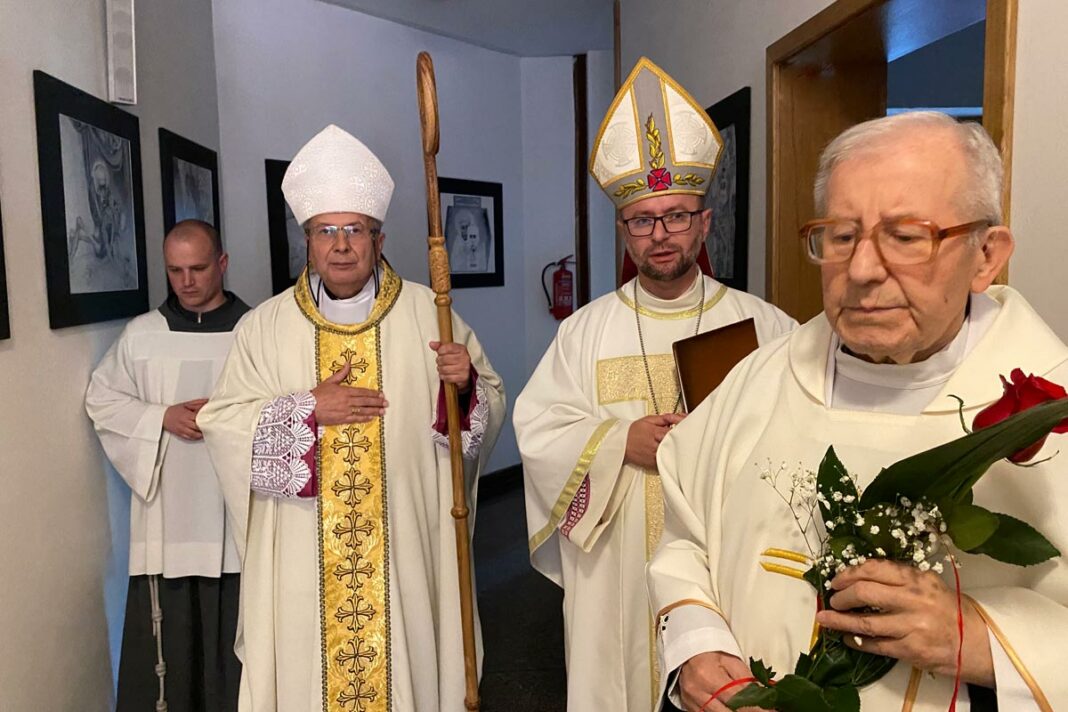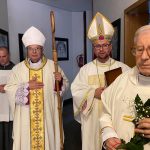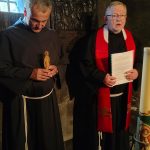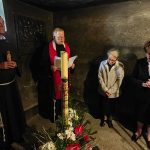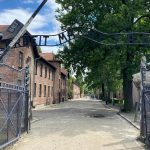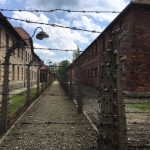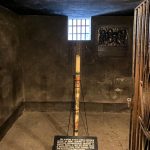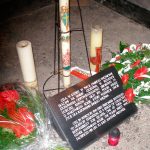On Saturday, May 27, 2023, the celebration of the 30th anniversary of the blessing of the Immaculate Mother of God Church took place at the St. Maximilian Center in Harmęże, near Auschwitz, Poland. Those attending included parishioners, priests, benefactors and invited guests.
Mass was presided over by the Most Reverend Jerzy MACULEWICZ, Apostolic Administrator in Uzbekistan. The Most Reverend Edward KAWA Auxiliary Bishop of the Archdiocese of Lviv, Ukraine, gave the homily. Also present was Friar Marian GOŁĄB, the Minister Provincial of the Province of St. Anthony and Bl. James of Strepar in Poland (Cracow).
At the beginning of the liturgy, the Guardian and local Pastor, Friar Kazimierz MALINOWSKI, recounted the history of the founding of the church, mentioning the then Minister General, Friar Lanfranco SERRINI; the Minister Provincial, Friars Feliks STASICA and Zdzisław GOGOLA; the Guardian, Friar Florian SZCZĘCH; and the builder, Friar Ksawery MANUSZAK. The Pastor stressed that the day of the church’s consecration was consciously chosen as a remembrance of the day Father Kolbe was taken to the death camp, on May 28. “For thirty years now this church has served the glory of God, the honor of the Immaculate Conception and the memory of St. Maximilian.”
In his homily, Bishop KAWA spoke about what a church should be for a believer: a place where people experience God’s love, closeness and presence. He said we should be grateful to have churches because there are places where believers don’t have them, where churches have been converted into warehouses or museums, places where people have no priests and are unable to participate in the full Christian life. Mentioning the nearby death camp, he said Harmęże is a special place of God’s mercy. It is a place where God wants to heal wounds, to sanctify and change the course of history.
On Sunday, May 28, a delegation of Conventual Franciscans and Father Kolbe Missionaries of the Immaculate went to the Auschwitz-Birkenau Museum to lay bouquets of flowers in the death cell of St. Maximilian and to pray for the intercession of the Martyr of Auschwitz on the 82nd anniversary of his deportation. To aid their prayer in Block 11, they brought with them “The Madonna behind the Iron Wires,” a statuette carved in Auschwitz in 1940, by a prisoner and venerated daily at the St. Maximilian Center in Harmęże.
Friar Jan M. SZEWEK






